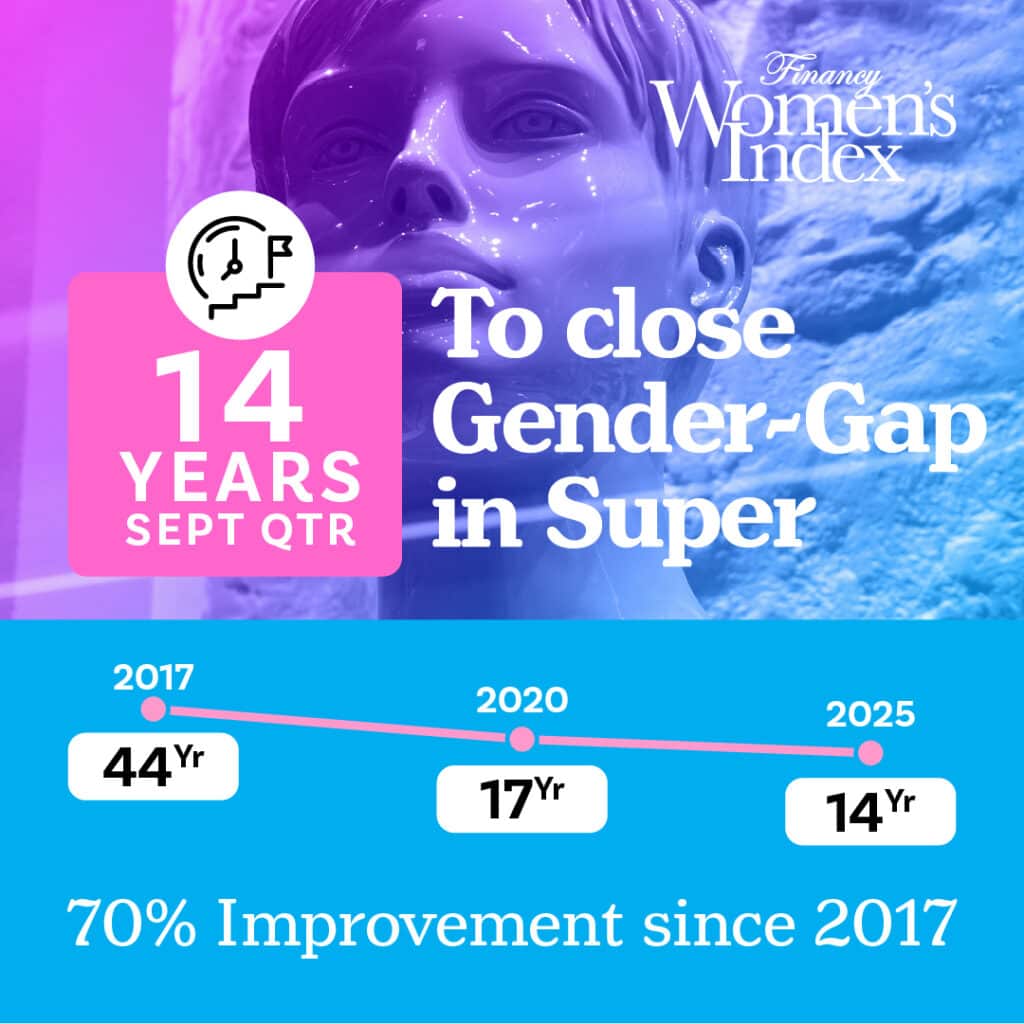This Financy article appeared first on Yahoo Finance Australia. Christmas 2020 could see more of us reaching for antidepressants than the usual antacids.
According to new research, burnout and financial stress are taking much of the shine off early festive spending.
The latest Financial Stress Index report, produced by money educator Financial Mindfulness, September saw a significant increase in people acting aggressive to others due to their financial position, and money issues are negatively impacting on relationships in general.
“There are those people who lost their jobs and will find it a challenging time with their money,” says Andrew Fleming Founder and CEO of Financial Mindfulness.
“But there are also people who had the opportunity to save and now have the ability to spend more on discretionary items,” he says.
Regardless of which financial category you fall it, most commentators agree that uncertainty is the problematic constant right now, and for anyone dealing with stress, anxiety or other mental health issues right now, that’s not a comfortable thought.
For more than 800,000 Australian mortgagors, Christmas is also coinciding with the end of debt repayment holidays which were introduced by many lenders as a result of COVID-financial hardship and unemployment.
Government stimulus payments such as JobKeeper and JobSeeker are also being wound back, as more people find themselves out of work and with less income.
The unemployment rate rose to 6.9% in September, up from 5.3% in January this year.
A recent poll also found 69% of office-based employees who are now working from home are experiencing burnout, and that women are more likely to experience burnout than men.
“Many of us are working twice as hard, while also taking on the pressures of everything outside of work to help our families flourish,” says Danielle Dobson, author of Breaking the Gender Code.
“It’s hugely detrimental to our mental health and not surprisingly, women are burning out,” she says.
Here are 6 ideas to help you keep financial stress under control in the lead up to Christmas.
- If you have a mortgage and your repayment holiday is coming to an end, the advice is to keep an open line of communication with your lender and show you are willing to work with them, and that you know your rights.
“They [lenders] won’t foreclose on a mortgagor as long as they are trying to work through the situation with them,” says Dominique Grubisa is CEO of advisory and education service, DG Institute.
“Many [Lenders] will want to cut a deal with the borrower – such as reworking the terms of the loan, temporarily reducing the interest rate or repayments or, as a last resort, allow the borrower to sell the property for them.”
- Write a shopping list, set a budget and stick to it. Don’t be swayed by things on SALE or that particular gift which is not on the list.
- Look over bank and credit card statements before you spend money online or at the shops. A reality check of your financial position before taking any action can help put the brakes on your festive spending.
- Avoid buy now, pay later schemes. They are loaded with fees and charges – if you default just once, you’ll end up paying significant penalty charges.
- Try the simple practice of doing a short 10-minute mindfulness meditation with headphones before you go shopping. You can use any one of many apps available and most are free. This process can calm you down in preparation for the very stressful encounter that is Christmas shopping or finding a carpark.
- Focus on the quality of your relationships this year, we have all been through a lot, particularly given lockdowns. So spending time and supporting each other will help us all.
Join the Financy social communities that support achieving economic equality on LinkedIn and Facebook or follow our official pages on LinkedIn, Facebook, Instagram and Twitter.













